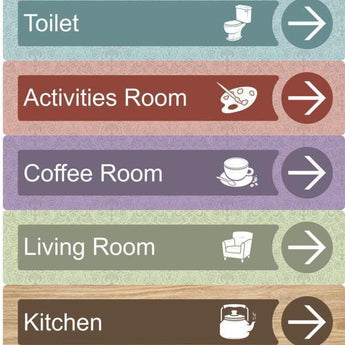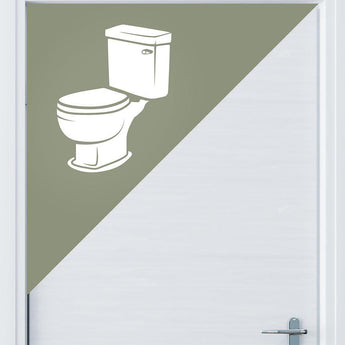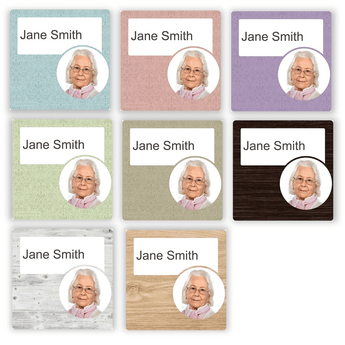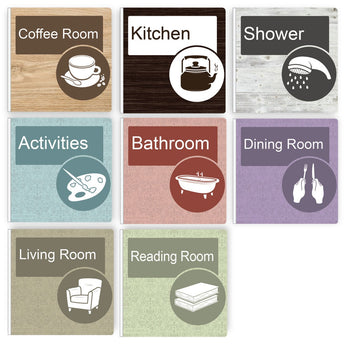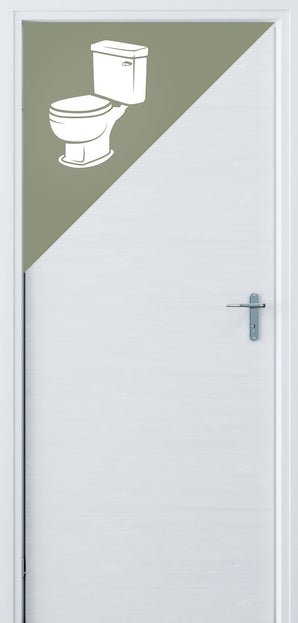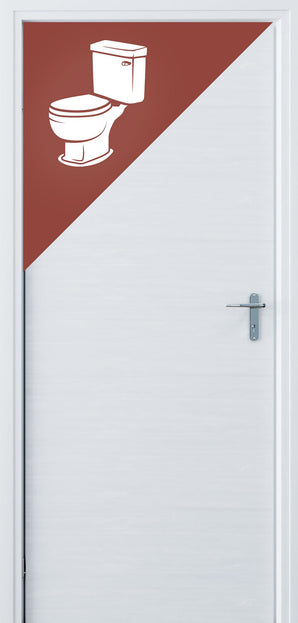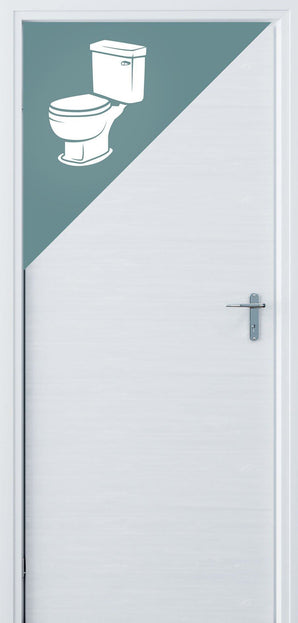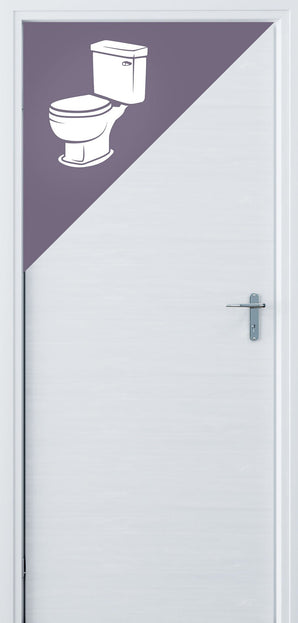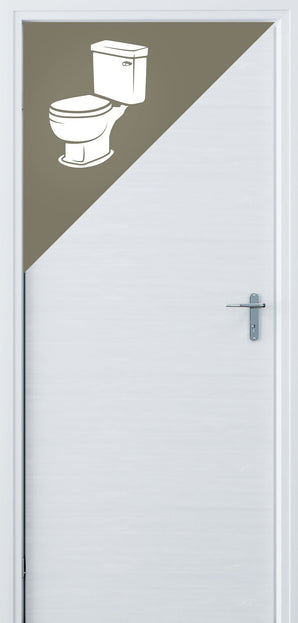
Why Dementia Patients Say 'I Want to Go Home'
If you are an Alzheimer’s or Dementia caregiver, the phrase ‘I want to go home’, may be very familiar to you. This is something people with dementia commonly say over and over and it can be frustrating if you don’t know why or how to respond. Especially because a lot of the time, the dementia patient is already home.
When a dementia patient says ‘I want to go home’ to a caregiver or family member who has worked hard to make a good home for their loved one, it can be particularly hurtful. It’s important to understand that people
with dementia don’t always mean what they say. The dementia patient simply does not recognize the familiarity of their home anymore.
Dementia also affects the brain in a way that makes it challenging for them to communicate their thoughts and feelings.

What Dementia Patients Really Mean When They Say 'I Want to Go Home'
What does your loved one really mean when they say this? ‘Home’ represents a feeling of safety, comfort and ease. It’s a place that you can go to be yourself and feel relaxed. Living with dementia can feel like the opposite of ‘home’ as the patient is usually anxious and agitated. Likely, when they ‘want to go home’ they are really lacking that feeling of comfort and safety.
1. They feel scared, anxious or uncomfortable
2. They have unmet needs
3. They are confused
These are the most common reasons your loved one may say they want to go home, but it’s always important to pay attention their behaviour and
body language because this can be a huge indicator of what they are really trying to say.

How to Respond When a Dementia Patient Says 'I Want to Go Home'
Often, a person with dementia may say ‘I want to go home’ when they are already home or when they have recently moved into a care home.
This can be distressing because as a caregiver you likely have faced a hard decision on the best place for your loved one to live in the first place. Emotions may get in the way while you are trying to think of the best way to respond.
1. Tell the truth
Telling your loved one the truth in a pleasant manner can sometimes be the best option. Pay attention to your body language and tone of voice. It’s important to make it sound positive and that the move was as much their
choice as it was yours.
2. Accept & embrace emotions
Don’t push their emotions aside or try to avoid the statement. Embrace what
they’re saying by responding with something like ‘Tell me about your home’ or ‘I’d love to visit there with you someday’. Talking about their home can help ease their anxiety that caused them to say this in the
first place.
3. Look at old photos of 'home'
Bringing out old photos to help them reminisce can make your loved one feel comforted and validated that you understand their feelings. Looking at photos may also clear up some memories and help them understand their current situation a little more.
4. Distract subtly
You shouldn’t completely disregard the statement because this can increase
frustration and agitation in your loved one, but subtly distracting them with an activity they enjoy can help calm them down. Try to say something like ‘Okay, we can go there soon. Let’s go grab a jacket’ and on your walk across the house find something pleasurable to distract them with, such as their favourite game or a cup of tea.
Resources:1. https://dailycaring.com/3-ways-to-respond-when-someone-with-alzheimers-says-i-want-to-go-home/
2. https://www.unforgettable.org/blog/why-do-so-many-people-with-dementia-say-i-want-to-go-home/
Signage Consulation
Send us your drawings, we'll do the rest. No limit on the size of your floor plans. We will design a full wayfinding schedule to solve all your problems and create a dementia friendly environment that looks great.
Turnaround Time: 3 business days from when you submit your drawings.
What You Get: A full wayfinding schedule in PDF format to best suit your floor plans
We do not offer refunds on our consultation service. However, if you decide to purchase our signage - the €99 will be automatically credited to your account.

Commercial Enquiries
If you aren't sure what you need we can help with that too. We offer a full consulting service to develop a wayfinding scheme for your building.
Shop The Range
1A Accredited by the University of Stirling's Dementia Services Development Centre.Our signs make living with dementia that bit easier. The range is high contrasting, texturised and with custom designed iconography to make them prominent and recognisable without compromising on aesthetics.


